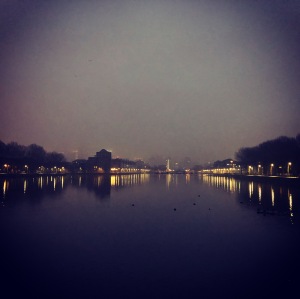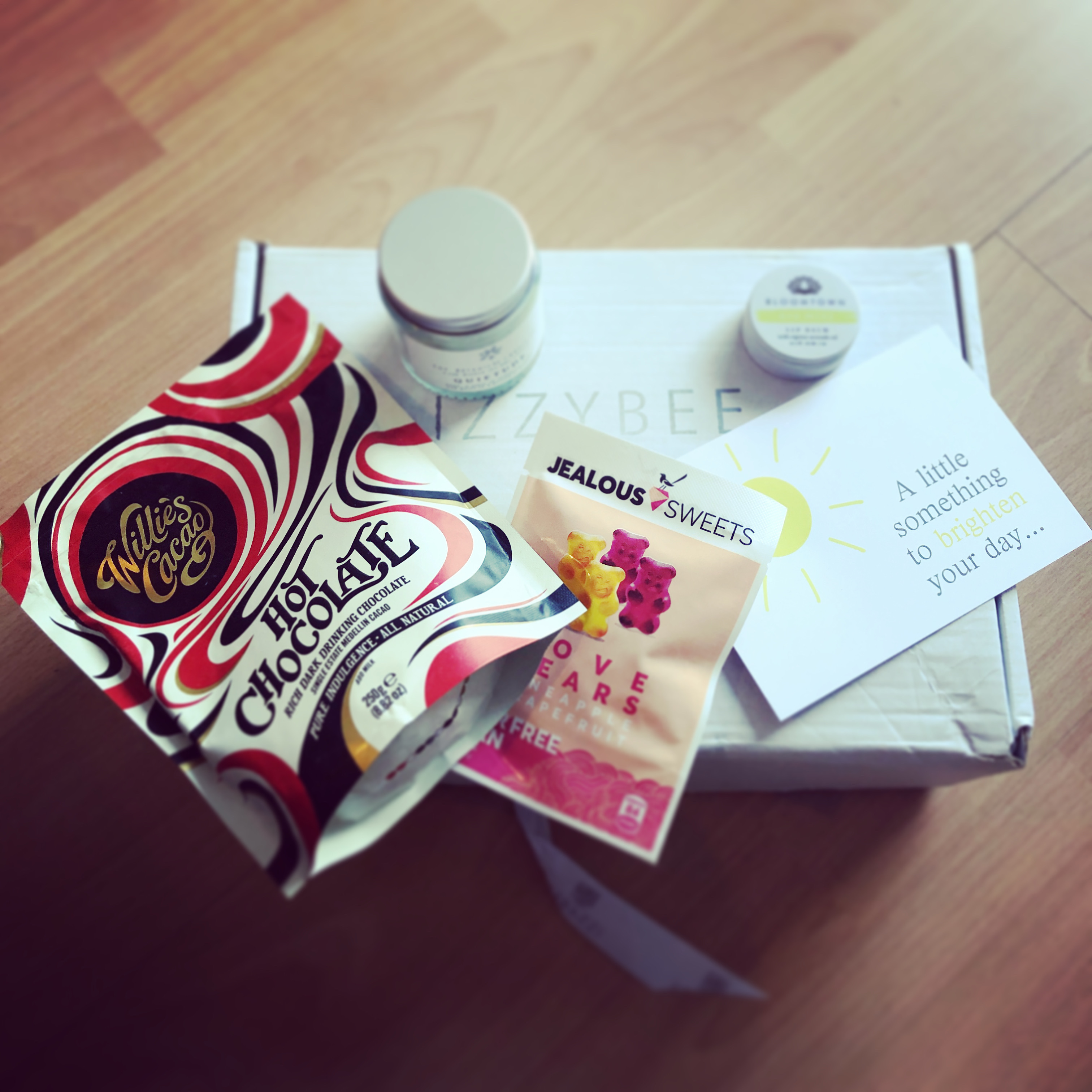
Joy is elusive this month. I leave home early and return after a long day in darkness. My sleep is broken and unrefreshing. My dreams are invaded by oxygen flow meters, masks, monitors, and breathless patients. I am tired, but that word is inadequate to describe the omnipresent fatigue that seeps into every cell of my body through the day, and which sleep fails to banish.
But there is hope. There is always hope. And right now it’s name is mutual aid.
Mutual aid is “a voluntary reciprocal exchange of resources and services for mutual benefit. Mutual aid projects are a form of political participation in which people take responsibility for caring for one another and changing political conditions.” I first learned of mutual aid at the start of the pandemic, a lifetime ago in March 2020. Mutual aid groups are often a feature of marginalised communities, who share resources to ensure survival, whilst organising against the system that creates the conditions of their struggle. Mutual aid groups are member-led and member-organised with a non-hierarchical structure, and consensus-based decision making. As Coronavirus swept through the country, I feared for the NHS, and how we would cope. But more than this, I feared for those already on the edge, those only just managing to survive in the hostile environment of austerity Britain. I channeled this fear into helping to set up a local mutual aid group. Our aim was to support those who were self-isolating with simple practical support: picking up essential supplies and medicines; offering a friendly ear on the end of a phone. Once we had established a phoneline, designed and distributed leaflets, and written up some basic safeguarding guidelines, I stepped back, relieved that others with more time and energy could take this on. I couldn’t volunteer for many tasks but I did deliver some medication, and seeing the hundreds of calls answered by this small group of altruists I felt part of a community of people helping each other survive.
The concept of mutual aid appeared in my work life, as a way of ensuring equitable access to intensive care (ICU) resources in the NHS. ICU beds are not equally distributed amongst hospitals. Larger, specialist hospitals usually need more ICU capacity for patients arriving following trauma, those undergoing complex and high risk procedures, such as cardiac, neurosurgery, or transplant surgery, or those receiving high dose chemotherapy. Smaller, local hospitals have a smaller number of ICU beds, to look after the sickest patients with more general problems such as sepsis, respiratory or cardiac failure. Outside of a pandemic this capacity is approximately matched to need, but there exists a system by which ICUs are organised into networks, and patients are transferred out to larger units if a small unit is full, or if a patient needs more specialised support. This concept of ICU mutual aid has been a feature of the pandemic as huge numbers of patients everywhere have required respiratory support, rapidly overwhelming small ICUs. Larger centres not only have greater capacity, but also greater ability to expand, which they have done to an unprecedented degree. I never imagined that theatre recovery areas, and entire wards, would be taken over by ICU. Or that I and my Respiratory colleagues would establish and manage CPAP units, full of patients who would usually be admitted to ICU. But this is our new normal. The NHS was founded on the principle of care given according to need. Not wealth, or status, or location, but need. If you happen to get sick and need ICU support, it does not matter whether you are in Croydon, Carlisle or Chelsea, the NHS will care for you to the best of our ability. The NHS is flawed, like all of us, and it’s coverage is not truly universal. Migrants, in particular, face a number of barriers to accessing care, with the immigration health surcharge being the most obvious. This was waived for NHS workers during the pandemic, which was welcome, but insufficient. But even as we acknowledge it’s shortcomings, we are motivated by the principle of care given according to need. It is difficult to ariculate just how important this is and how on the darkest days we cling to this principle like a life-raft.
On a personal level, I have found something akin to mutual aid amongst my circle of family and friends. Like many others, throughout the pandemic I’ve missed the connection I feel to people I usually see regularly. As well as trying to squeeze in video calls, I started writing letters, and sending photos and gifts in the post. Knowing that people would receive something I had written and wrapped, a physical manifestation of my love, made me feel more connected and less isolated. During the winter months I spent my days off making linoprints and crocheted gifts, pouring my nervous energy into creative projects. I sent them out into the world as my emissaries, promises of future coffees, dinners, drinks and hugs. I have also received parcels full of love, in the form of doughnuts, snacks, gin, books, craft kits, christmas decorations and sleep aids. I treasure these packages, a reminder that the people on my screen are real, and I will see them again. This mutual aid is not so much a reciprocal exchange of resources, as of emotion, but it certainly brings mutual benefit.



Mutual aid is more than just kindness. As “a form of political participation in which people take responsibility for caring for one another and changing political conditions” it demands we not only act now to ensure our immediate physical and psychological survival, but also act to change the conditions of the future. The vast inequalities in our society were plain to see before the pandemic, but the crisis has forced even those who usually have the luxury of wilfil ignorance to see the truth.
In February 2020, Michael Marmot published ‘Health Equity in England: the Marmot Report 10 years on’. It revealed a bleak picture of rising inequalities between socioeconomic groups and regions. Most shockingly it showed that health was no longer universally improving year on year ; a woman living in the most deprived area in north-east England had less chance of living a long and healthy life in 2019 than she would have had in 2009. The pandemic has not only exposed, but further exacerbated existing inequalities, since they are deeply rooted in our institutions, and culture. The risk of death from COVID19 is distributed in a sadly familiar pattern: the more deprived the area the higher the death rate. The reasons for this are complex and multiple, are are the reasons for higher death rates in racially minoritised groups. But these inequlaities are not inevitable. They are a direct consequence of political and social policy.
The days are getting longer, it will be soon be light when I leave for work in the morning. The rate of rise of COVID19 cases are falling, the vaccination programme is expanding, there is hope. But there are difficult times ahead for many facing unemployment, longterm ill health, poverty and despair. Mutual aid has been a lifeline. As we look forward, we must ensure it does not become a fairy story during a dark time, but is the foundation of our social and political future. It is within our power to change our trajectory, and is in all our interests to build back better.

